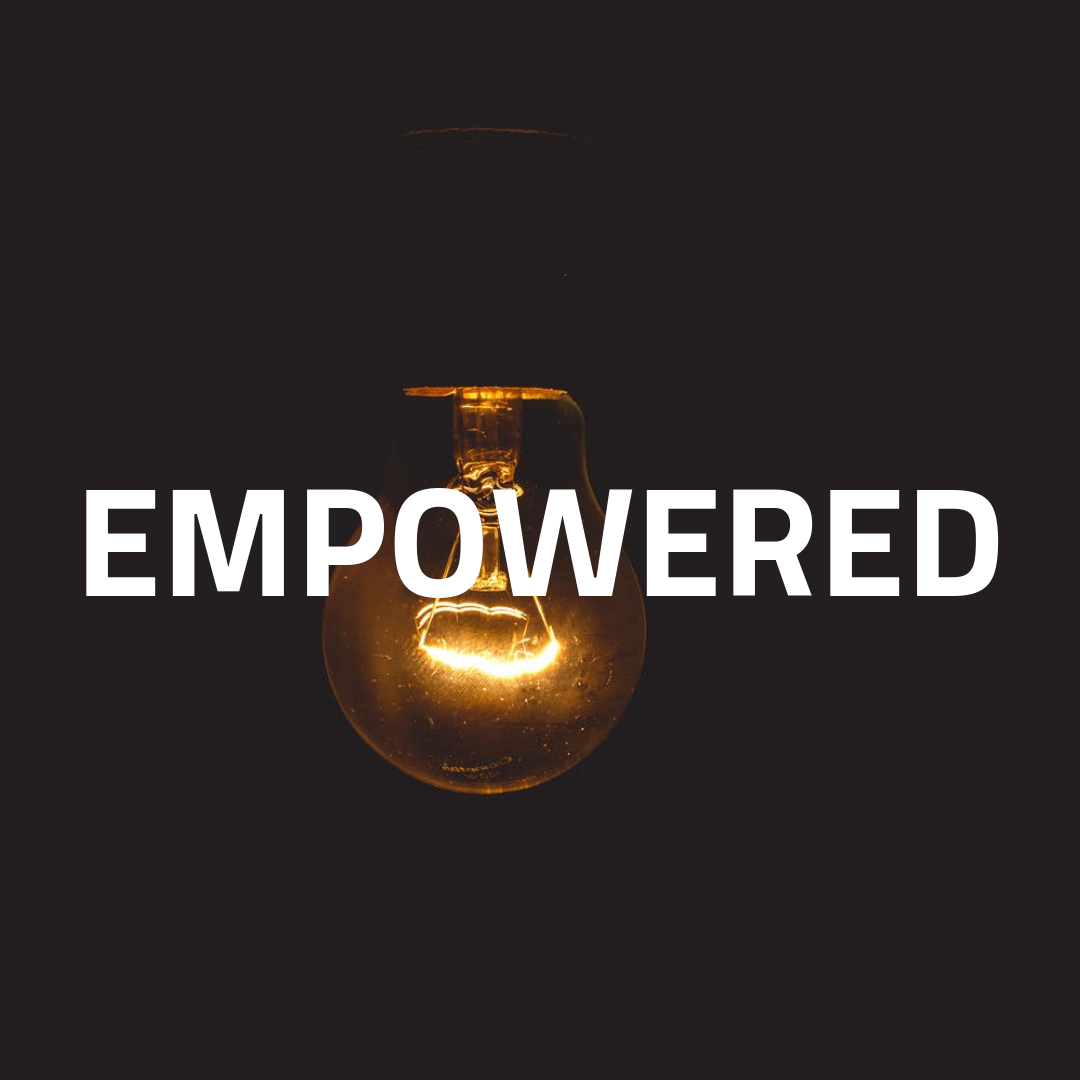
I just had a new dawning, but maybe not. The realisation was that the decentralisation of everything – finance, money, government, service, chat – is all down to technology. Centralisation of everything is all down to physicality. It’s like the dichotomy between the State, which is analogue, and Society, which is now digital.
This is the core of the Libertarian versus State dialogue. It is the digital versus analogue dialogue. It is the decentralised versus centralised dialogue.
The network is giving power to the people, which is why we are having a discussion these days about these things. The question raised however is whether the network can really ever give power to the people? And the answer is: no.
There needs to be checks and balances. It is obviously feasible to decentralise money, control, governance and capabilities to the network which, by implication, means to the individual. But the individual may now want it, know how to handle it or how to deal with it.
It kind of reminds me of a big discussion I had back in the day about empowerment. We were all talking about how important it was to empower our people so that they could work happier. But then one of my team turned to me and said: what if we don’t want to be empowered? What if we’re happier being told what to do?
That’s another balance and check. Do we decentralise everything or should it all be centralised? No. It needs to be balanced. By way of example, we decentralised money through cryptocurrencies, but millions have lost billions as a result, with no recompense. On the other hand, we centralised too much authority to government, so they can abuse it as evidenced by this article on weapons of mass destruction from Declassified UK , or the latest report on some of our governmental leaders.
With great power comes great responsibility but, too often, great powers creates great abuse. That’s the issue folks have with centralised authorities. They can abuse their authority.
We need a middle ground.
You cannot decentralise everything as many people cannot cope. You cannot centralise everything as it creates too much opportunity to abuse power. You need checks and balances to allow both. Decentralised and centralised.
I call this the HyFi world, the world of Hybrid Finance, but you can call it what you want.
I want decentralised systems and structures, so that I am in control of my world but, when I lose control, I want a central authority who can right the wrongs. I want to have ownership of my identity, my value and my direction but, where it goes wrong, I want someone who can sort it out.
It’s a little bit like when you mess up an online booking. I want a simple way to resolve the issue there and then in a prompt fashion … not some automated system that gives me the run-around.
Too often these days we have decentralised things – alternately called self-service – without having the back-up to sort out when your self-service goes wrong. That’s why we need HyFi, or Hybrid Finance.
Chris M Skinner
Chris Skinner is best known as an independent commentator on the financial markets through his blog, TheFinanser.com, as author of the bestselling book Digital Bank, and Chair of the European networking forum the Financial Services Club. He has been voted one of the most influential people in banking by The Financial Brand (as well as one of the best blogs), a FinTech Titan (Next Bank), one of the Fintech Leaders you need to follow (City AM, Deluxe and Jax Finance), as well as one of the Top 40 most influential people in financial technology by the Wall Street Journal's Financial News. To learn more click here...

